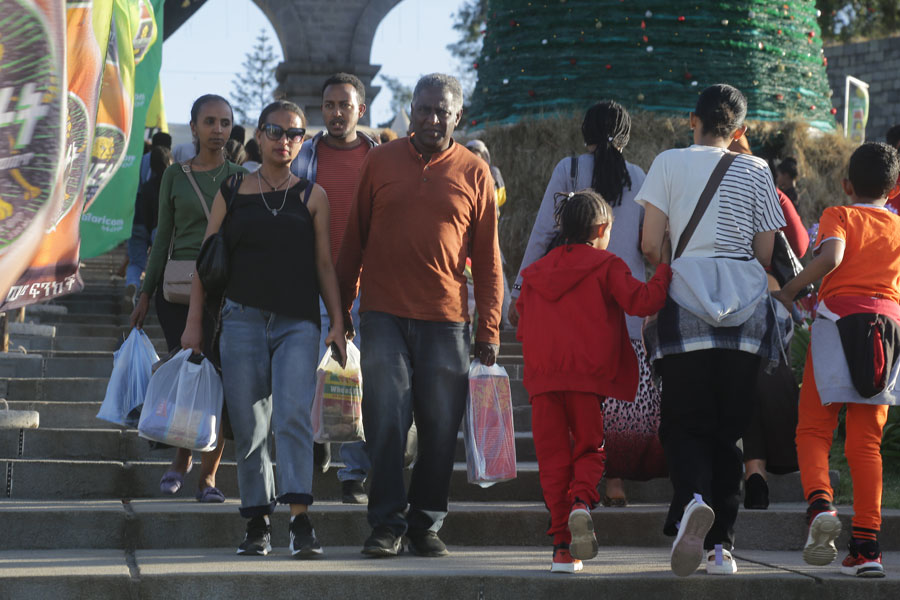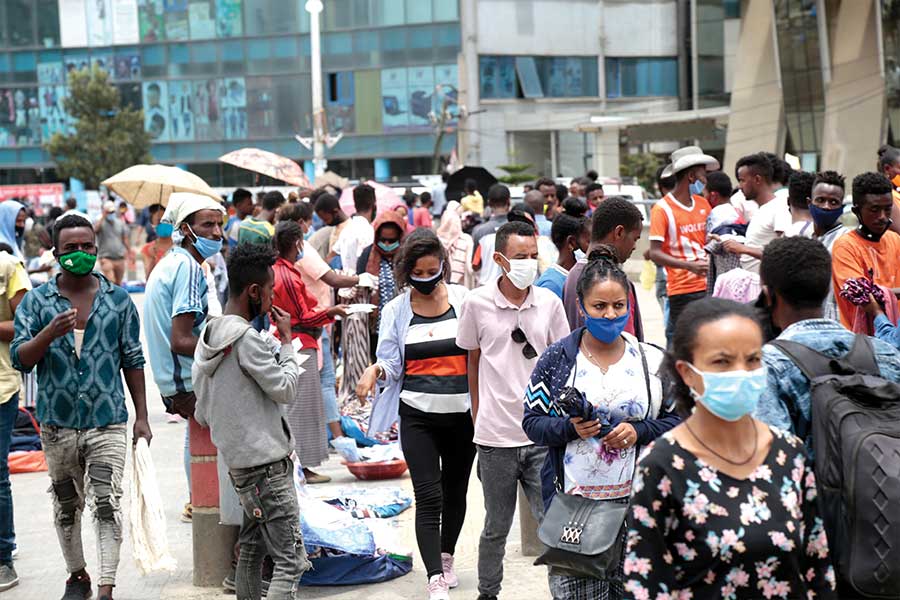
The waste collection spot in our neighbourhood, which is on my usual route, is looking different these days. The frequency with which the waste is picked has improved over the years. The owner of the house adjacent to the garbage dump site has also become extra vigilant, since there is no fence that can protect against stench.
Yet, rummaging at the dumping spot are a few stray dogs, I am always wondering how long they will endure the circumstances they are in. Some of them are apparently famished, stray dogs through and through. Others seem to have had a good home a long time ago from their physical appearances. Both are a dominating scene in our neighbourhood. They have been around for so long that they can tell between strangers to the neighbourhood and residents there.
For all the positive feelings they may inspire in residents of the area, who are generally resigned to their existence, that they pose an obvious threat to public health is clear. It is this kind of failure in public hygiene that has led to one of the worst pandemics the world has ever seen. This is also true to an extent of the Novel Coronavirus (COVID-19) pandemic, which is believed to have begun transmission in a Chinese wet market.
If there is a silver lining to the current pandemic, it is that it has taught us much about public health and the history of pandemics. COVID-19 is a distant cousin of the Spanish Flu, which ravaged the world for two years beginning in 1918, including Ethiopia. Like this one, its high rate of transmission around the globe was a result of spiked intermixing between peoples. This time, it was a result of globalisation. Back then, it was the First World War. Both are also believed to have been viruses that mutated from other animals, a bat in the case of COVID-19.
With such thoughts in my mind, I continued to walk. After a few strides from a turn on an alley, I arrived as a hell that broke loose subsided and, the people from the vicinity that had rushed to its direction were disbanding. It was strange indeed. A woman was bitten by a horse, and immediately taken to a health station.
Later, I found out that the horse had contracted epizootic after it was bitten by a dog, which was infected with rabies. The shock and suffering of the old woman, the need for an all out rethinking of public health issues, the social aspect of anything we do, brings home the possibility that such a thing could happen to all of us. It brought to mind the onset of HIV/AIDS in Ethiopia.
When one of the very first victims was presented to the public in an interview on Ethiopian radio, it looked distant. Neither was that person from Addis Abeba, where I resided in then, nor from the sub city or weredaor from my kebele. Not long afterwards, we were all hearing about well-regarded individuals catching the virus and our neighbours testing positive and dropping dead.
The same is true for COVID-19. We were all witness to its meteoric spread in China and then Europe, and finally in our neighbourhoods.
We may feel powerless amidst such overwhelming times, or that it is only a concern of others and not yet ours. Not really so. It is what we all throw away, such as a piece of garbage without a thought for the environment, that comes back to haunt us, like a fatal viral infection. Similarly, our choice to wear a mask in public, socially distance and improve our hygiene will go a long way in helping save lives.
PUBLISHED ON
Apr 30,2021 [ VOL
22 , NO
1096]


Editorial | Oct 24,2020

Fortune News | Jan 01,2023

Verbatim | Oct 20,2024

Radar | Oct 05,2024

Fortune News | May 16,2020

Dec 22 , 2024 . By TIZITA SHEWAFERAW
Charged with transforming colossal state-owned enterprises into modern and competitiv...

Aug 18 , 2024 . By AKSAH ITALO
Although predictable Yonas Zerihun's job in the ride-hailing service is not immune to...

Jul 28 , 2024 . By TIZITA SHEWAFERAW
Unhabitual, perhaps too many, Samuel Gebreyohannes, 38, used to occasionally enjoy a couple of beers at breakfast. However, he recently swit...

Jul 13 , 2024 . By AKSAH ITALO
Investors who rely on tractors, trucks, and field vehicles for commuting, transporting commodities, and f...

Jun 28 , 2025
Meseret Damtie, the assertive auditor general, has never been shy about naming names...

Jun 21 , 2025
A well-worn adage says, “Budget is not destiny, but it is direction.” Examining t...

Jun 14 , 2025
Yet again, the Horn of Africa is bracing for trouble. A region already frayed by wars...

Jun 7 , 2025
Few promises shine brighter in Addis Abeba than the pledge of a roof for every family...